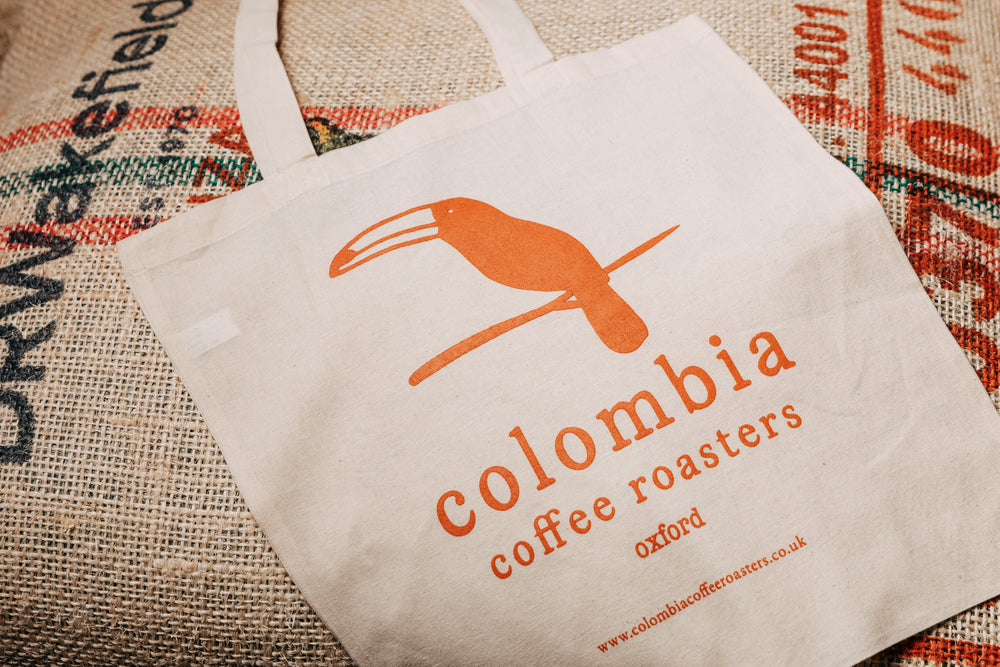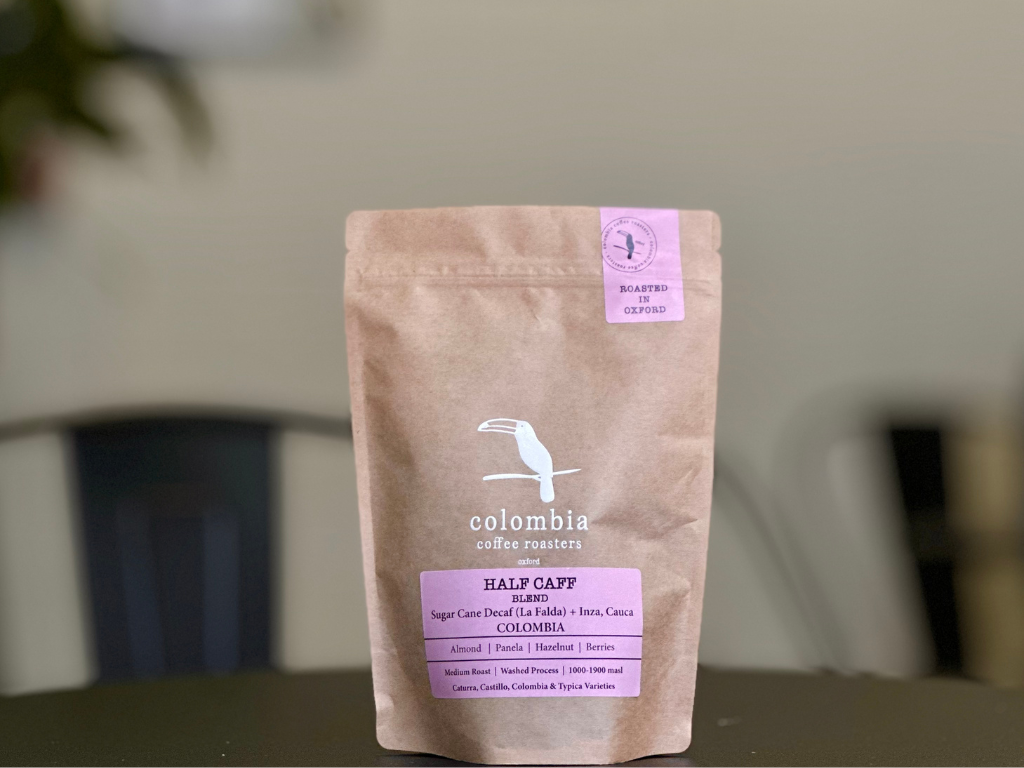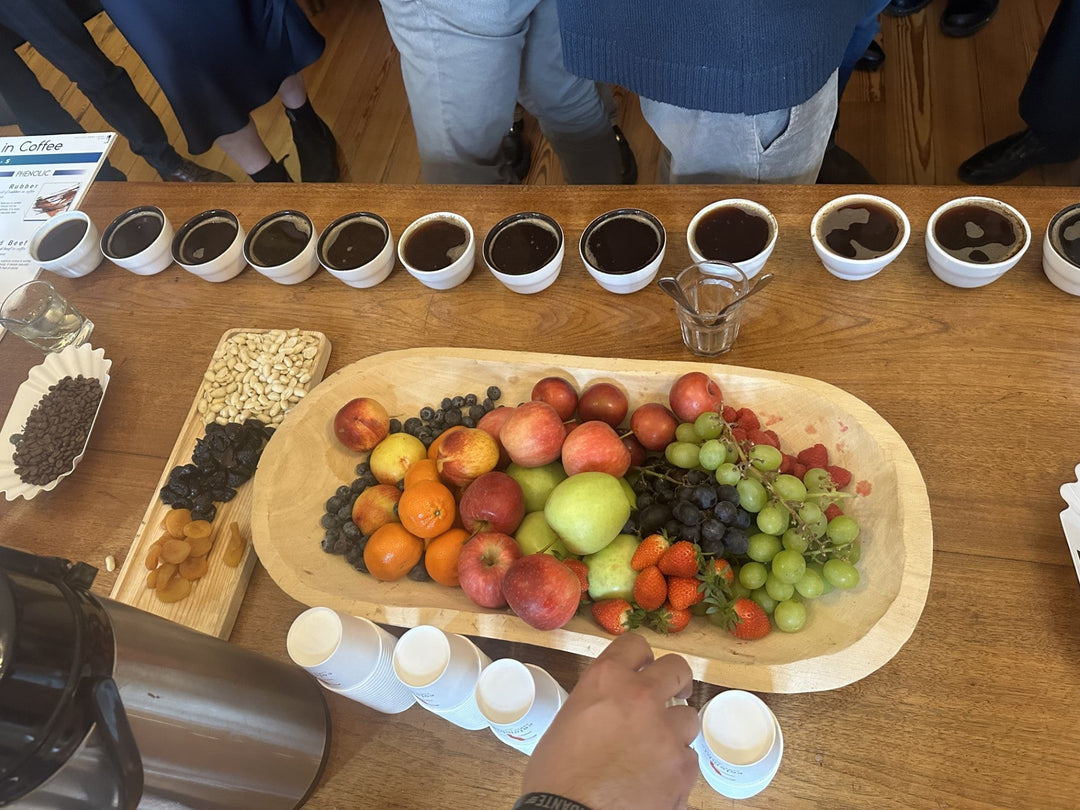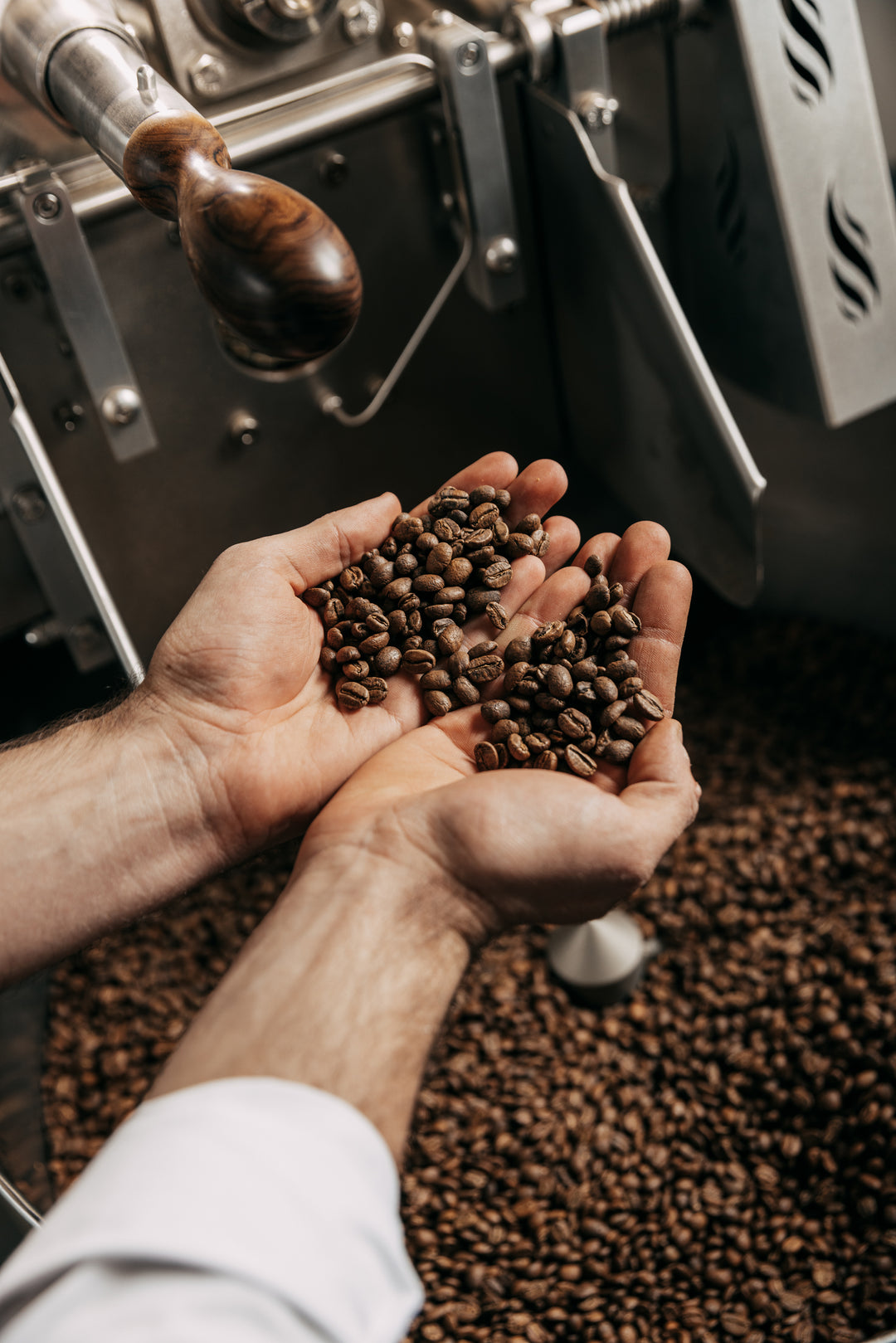Colombian coffee that is sweeter than honey
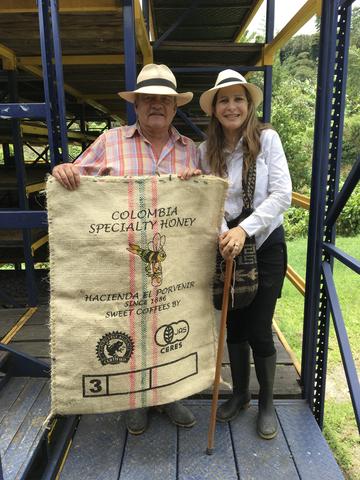
At Colombia Coffees, we source our beans from farmers who utilise only the best, most environmentally friendly, processes. We are proud to introduce our latest arrival a red honey processed coffee from Finca El Porvenir (Alban-Cundinamarca-Andes region of Colombia).

We have talked generally about the various coffee processing methods previously. You may recall that honey process coffee involves leaving some or all of the mucilage attached to the parchment and drying the coffee in either sunny or shaded conditions. The mucilage is the sticky, gooey, sweet, pulpy substance that surrounds the beans in the cherry. This is in fact where the name “honey” comes from. It is not, as it is so often assumed, because honey is utilised in the process or, a descriptor of the flavour of the resultant cup. Honey processing is essentially a pulped natural process.
The classifications, white, yellow, red and black honey being used by some Central and South American farmers relate directly to –
- the amount of mucilage left on the bean after washing;
- whether the beans are dried in direct sunlight or shaded conditions;
- the length of time the beans are dried; and
- the resultant flavour after roasting

White Honey Processing means that approximately 80 – 90% of the mucilage is removed from the bean during the washing process. The beans are then dried on African beds in direct sunlight. As the light and heat is intense, the beans dry very quickly (in less than five days) and the parchment surrounding the bean becomes white in colour.
Yellow Honey Processing means that up to 50% of the mucilage is removed during washing. The beans and remaining mucilage are then again dried in direct sunlight. The mucilage adheres to the bean and turns a golden yellow colour once the moisture content of the bean has been removed. This process takes approximately one week.
Red Honey Process means that about 80 – 90% of the mucilage is left on the bean after washing. The beans are then placed on African beds and dried in overcast or shaded conditions. The relatively thick coating of mucilage retains much of the ripe cherry’s red colour and this ruddy colour is retained as the beans dry. It takes approximately two to three weeks for the drying process to be completed. The character of the cup takes a more sugared, syrupy, full bodied flavour.
Black Honey Process is the most expensive and time consuming of all the honey processes. The ripe cherry, picked at the peak of harvesting, is washed and the mucilage is left as close to fully intact as possible. Once again the beans are laid out on African beds, but are only dried under a tarpaulin. No direct sunshine ever reaches the bean. The sweet fruit is allowed to slowly ferment for in excess of three weeks. Once the moisture content has been optimally removed, the bean has a dark, black colour.
The processing selection impacts enormously on the character of the final cup.
The more mucilage retained on the bean, the fuller the body and the more sugar imparted than the traditional washed method.

What to expect from Finca el Porvenir? Our farmer has been experimenting with the honey process, and his red honey process coffee, coupled with minimal fermentation, results in a balanced cup, with minimal acidity, subtle citrus notes and a slight caramel aftertaste.
Our cupping results were as follows and we hope you enjoy Finca el Porvenir as much as we do:
- Aroma: chocolate/vanilla, caramel, butter = score 8.5
- Flavour: Plums + intense syrupy sweetness: = score 8.25
- Acidity: balance = score 8.0
- Body: Creamy = score 8.0
- Q grader score = clean, sweet, complex, overall = 8.6

